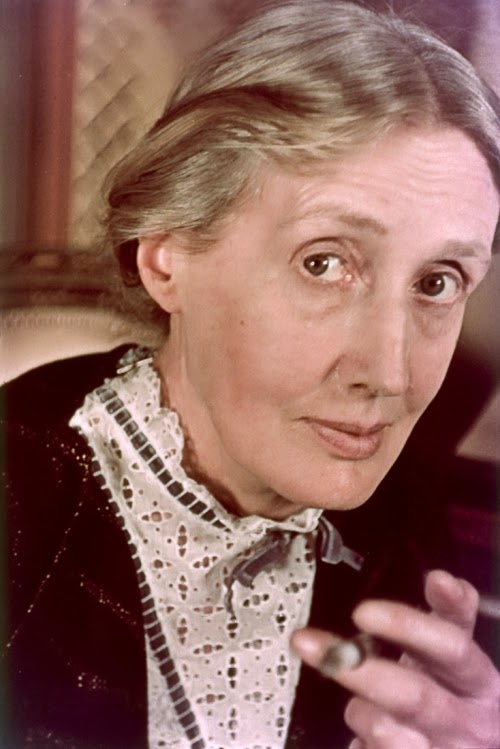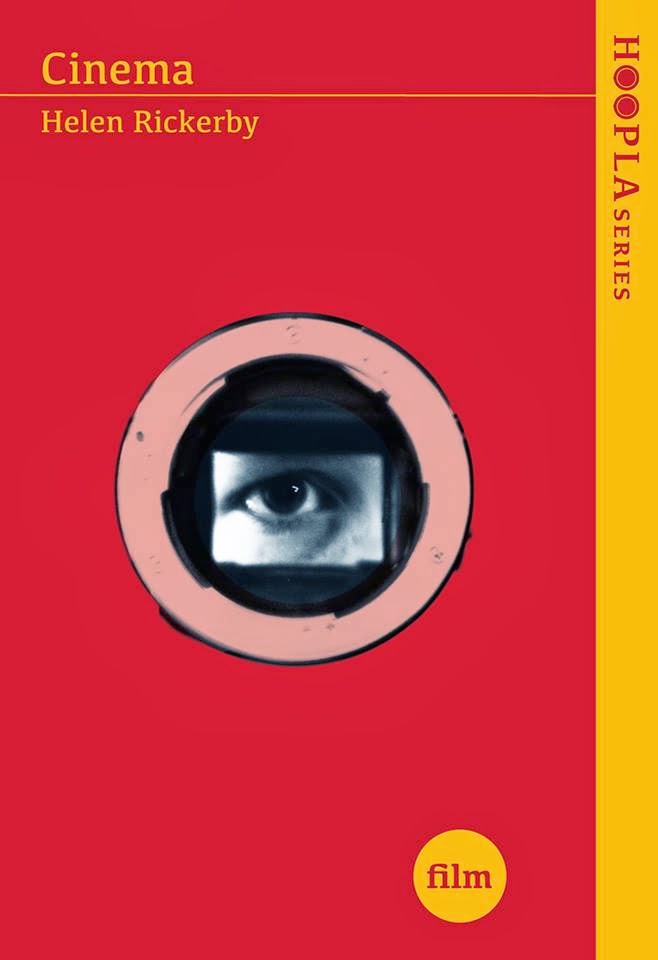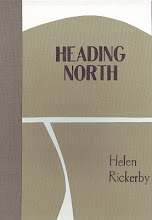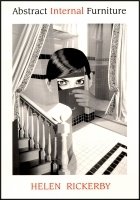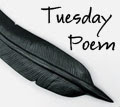My main holiday book this year was
Careless People: Murder, Mayhem and the Invention of The Great Gatsby, by Sarah Churchwell, which was - as I mentioned in an earlier post - awesome, and I'm going to devote this entire post to it.
This book, which describes itself on its back cover as 'the biography of a book' (the book being
The Great Gatsby, which I should say at the outset that I love - I even loved the recent Baz Luhrmann film, somewhat to my surprise). It's kind of a carnival of a book. It's wide-ranging, academic while not being dull (or having footnotes - though it does have an extensive and scholarly notes section), and also is lots of fun and easy to read. It's an academic book for a general audience in a way - and I for one think more academic books should be like this. Brainy but fun.
It weaves discussion and interpretation of
The Great Gatsby with especially relevant biographical info about the author,
F. Scott Fitzgerald, his wife
Zelda and their milieu, with contemporary trivia and current events that are likely to have had some influence on the story - especially the 1922
Hall-Mills case: a double murder of a rector and his lower-class choir-singer lover who aspired to greater things.
 |
| Scott and Zelda in the 1920s |
A great deal of the book is concerned with 1922, the year the novel is set, and also the year F. Scott and Zelda returned to New York after a brief time back in the Midwest, and lived and partied on Long Island. It's also the year that the verb 'partied' had it's first recorded use: in a letter by poet e. e. cummings, in which he described a night spent with the New York literary crowd.
There is a whole fabulous section devoted to the language of the time. The book quotes Virginia Woolf, who, in 1925, said in an essay about American fiction: 'The Americans are doing what the Elizabethans did - they are coining new words. They are instinctively making the language adapt itself to their needs ... Nor does it need much foresight to predict that when words are being made, a literature will be made out of them.'
On the next page of
Careless People lists words that were first used in the 1920s (including many I thought would have been much earlier, or much later - such as post-feminist), and then is a list of words that were first used in 1922: 'brand-name, Hollywood, moviegoing, rough cut, performative, robot, sparkly, schlep, dimwit, no-brow, oops, multilayered, rebrand, mass market, broadcasting and broadcaster, finalize, lamé, sexiness, transvestite, gigolo, to proposition, libidinal, post-Freudian, cold turkey, quantum mechanics, polyester, vacuum, notepad, duplex, Rolex, entrepreneurial and party-crashing '. I took the 1922 words along as a prompt to my New-Year's-Day writing session. Two of us wrote poems that included sparkly lamé at a party!
This is a bit of a digression, but I took another couple of quotes quoted in this book along to our next writing session as prompts. Firstly:
The artist, wrote Conrad, shines 'the light
of magic suggestiveness' on 'the commonplace surface of words: of the
old, old word, worn thin, defaced by ages of careless usage.'
This book is full of gems like that!
And, secondly, F.Scott Fitzgerald himself:
And lastly from that period I remember riding in a taxi one afternoon between very tall buildings under a mauve and rosy sky; I began to bawl because I had everything I wanted and knew I would never be so happy again.'
Tragic! But beautiful while being tragic. And also I clearly don't agree with his philosophy on happiness. But anyway...
The more I learn about F. Scott Fitzgerald the more amazed I am that he wrote
The Great Gatsby, which to my mind is such a wise and insightful book. Fitzgerald himself does not appear to have been especially wise: he was a bit of a clown and was destroyed by alcoholism. It seems to me now that he wrote a book that is better and wise than he is/was. I feel the same about Tolstoy. I find it magical and wonderful that sometimes we can write above ourselves. (I once wrote a character who I'm quite sure was funnier than I am, though I don't know if I've been wiser, or even wise.)
Another big reflection of mine after reading
Careless People is how I, and I think most present-day readers of
The Great Gatsby, didn't realise quite how topical the novel was at the time it was published, how the events in it - the car crashes, the parties, the murders, the jazz age, etc - were so
of the time. I mean, surely I knew but seemed to have forgotten that it is set during the prohibition - so no wonder so many people flocked to Gatsby's parties, where alcohol was free and also of high quality. Apparently hundreds of people (mostly poor people) died from drinking alcohol that had been made out of industrial alcohol, to which the government had added poison in an attempt to stop people drinking it. No wonder
anti-prohibitionists in NZ used the US example as a reason to not ban alcohol!
When
The Great Gatsby was first published, people by and large seem to have been unable to see past that up-to-the-minute surface. One early reviewer, Isabel Paterson, said that it was 'an imponderable and fascinating trifle,' that had not 'gone below that glittering surface, except by a kind of happy accident' and 'What has never been alive cannot very well go on living: so this book is of the season only...' She continues: 'He gets the exact tone, the note, the shade of the season and the place he is working on; he is more contemporary than any newspaper'.
As Sarah Churchwell says:
Fitzgerald's first readers could
only see one half of the meaning of the book, its entaglement with the
facts and contexts of the day, and were blind to its transcendent
meanings. We tend now to focus on those universal meanings, letting our
myths and misapprehensions about the 1920s take the place of facts about
Fitzgerald's world. Each moment mistakes the part for the whole, seeing
only one side of his book, the other side obscured by the darkness of
the era's own blind spots, the lustre of the moon half hidden by the
shadows of the earth.
The initial print run of
The Great Gatsby was 20,000 copies and the reprint of 3,000 copies never sold out during F. Scott Fitzgerald's lifetime (his previous two books sold more than twice that). Fitzgerald, who had enjoyed early success and notoriety, had become largely forgotten, or at least dismissed, by the time he died in 1940. (He was only 44, but had been prematurely aged by alcohol.) His last royalty cheque, which covered a year, was for $13.13. His funeral had a few more attendees than Gatsby's, but not many. The minister who agreed to bury him 'charmingly' said: 'The only reason I agreed to give the service, was to get the body in the ground. He was a no-good, drunken bum, and the world was well rid of him.'
But it didn't take too many years for Fitzgerald's reputation to increase again, and especially appreciation for
The Great Gatsby. And it might be true that we only see part of his work now, as Churchwell suggests, but we do generally now see through the surface of the novel to the universalness, the timelessness, the humanness of the novel. I kind of which Fitzgerald could know that - that his work is appreciated after all.
